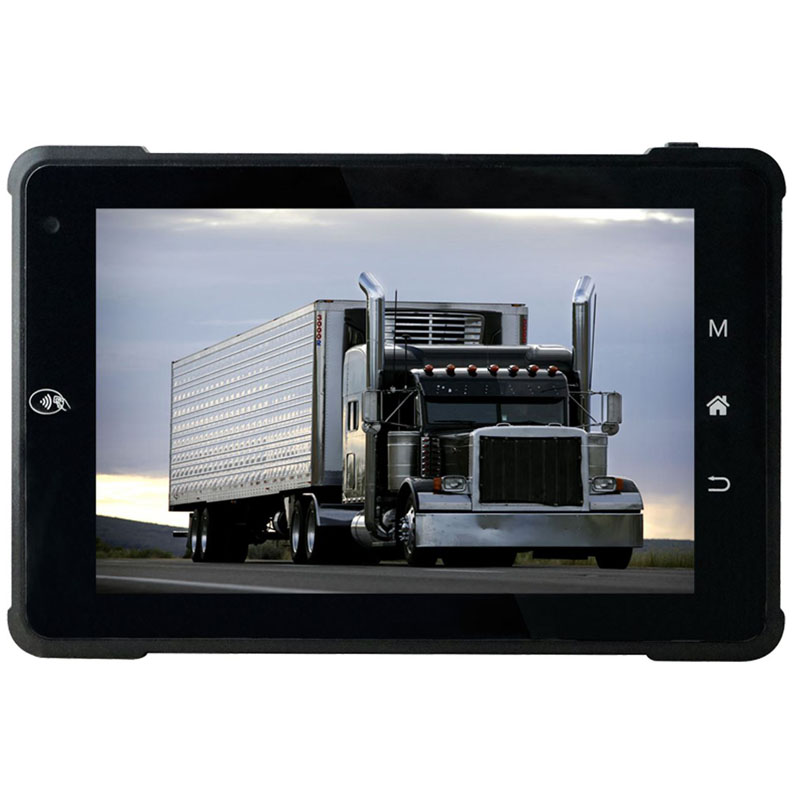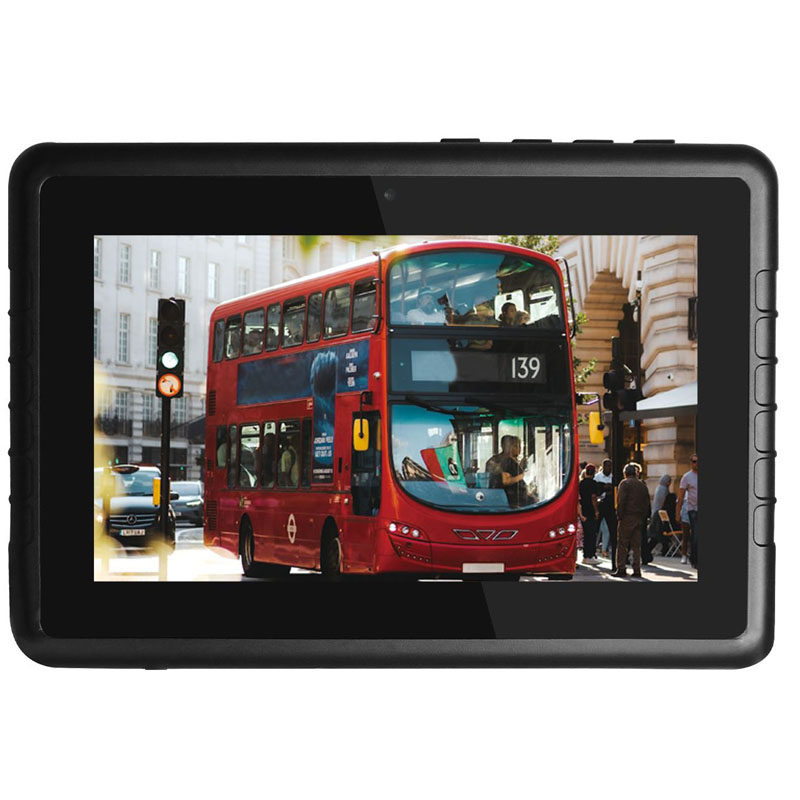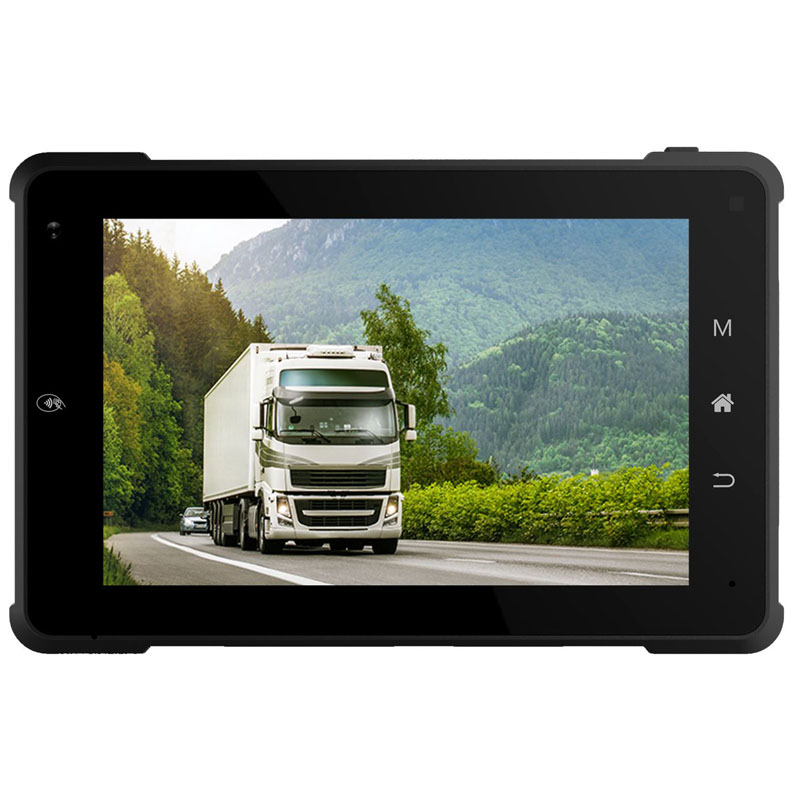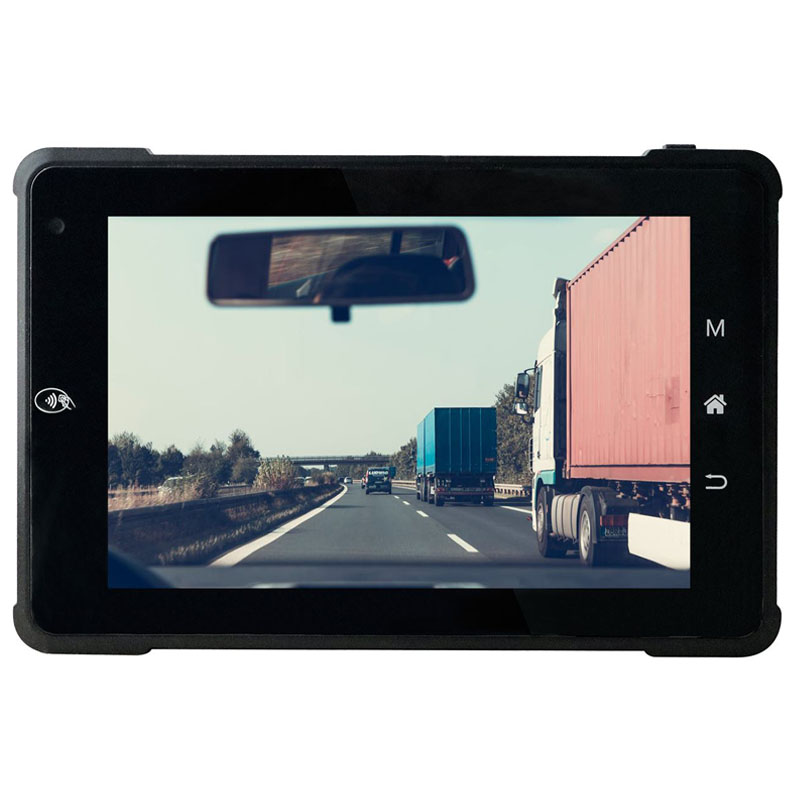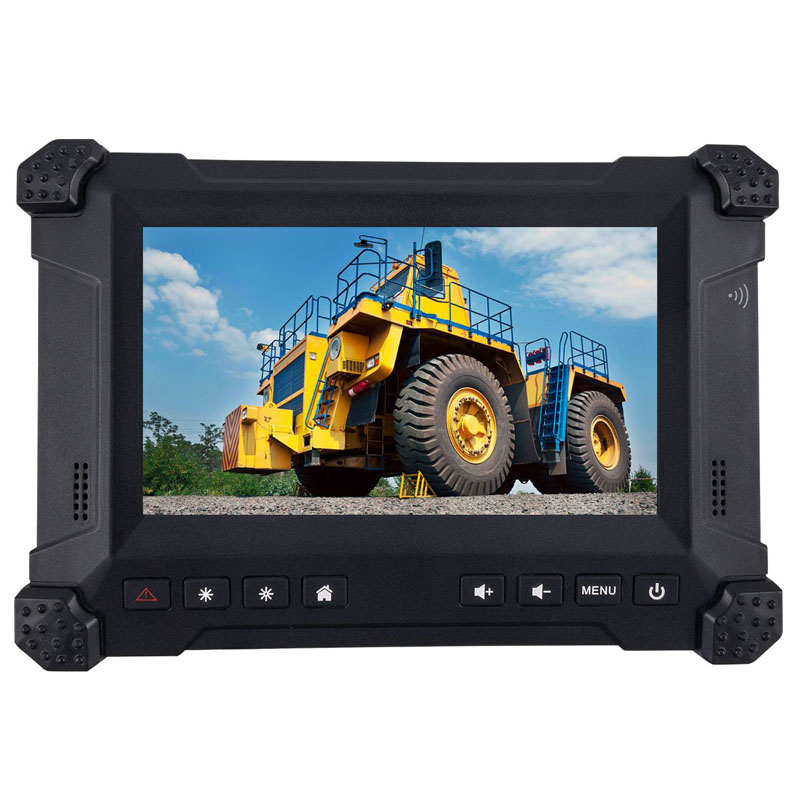In-Vehicle Computer: Revolutionizing Automotive Technology
In-vehicle computers have transformed the automotive industry, bringing a plethora of advancements that enhance the driving experience. These computers are pivotal in modern vehicles, offering functionalities ranging from navigation to autonomous driving. Let’s dive into what makes these systems so essential today.

- What is an In-Vehicle Computer?
- The Evolution of In-Vehicle Computers
- Key Features of Modern In-Vehicle Computers
- Applications of In-Vehicle Computers
- Hardware Components of In-Vehicle Computers
- Software Solutions for In-Vehicle Computers
- Benefits of Using In-Vehicle Computers
- Challenges and Considerations
- Future Trends in In-Vehicle Computing
- Choosing the Right In-Vehicle Computer
- Installation and Maintenance Tips
- Real-World Examples and Case Studies
- The Role of In-Vehicle Computers in Smart Cities
- Conclusion
- FAQs
What is an In-Vehicle Computer?
An in-vehicle computer is a specialized computing system designed to operate within the unique environment of a vehicle. Unlike traditional desktop or laptop computers, in-vehicle computers are built to withstand extreme temperatures, vibrations, and other harsh conditions encountered on the road. They typically include components like processors, memory, storage, and various input/output interfaces tailored for automotive applications.
The Evolution of In-Vehicle Computers
In-vehicle computers have come a long way since their inception. Early systems were rudimentary, primarily used for basic navigation and diagnostics. Over the years, advancements in technology have propelled these systems to new heights, integrating features like real-time data processing and advanced connectivity.
Key Features of Modern In-Vehicle Computers
Durability and Rugged Design
Modern in-vehicle computers are built to last. Their rugged design ensures they can withstand the challenging automotive environment, including extreme temperatures, dust, and vibrations.
Real-time Data Processing
These computers can process data in real-time, which is crucial for applications like autonomous driving and real-time traffic updates.
Connectivity and Communication
In-vehicle computers are equipped with multiple connectivity options, including Wi-Fi, Bluetooth, and cellular networks, enabling seamless communication and data exchange.
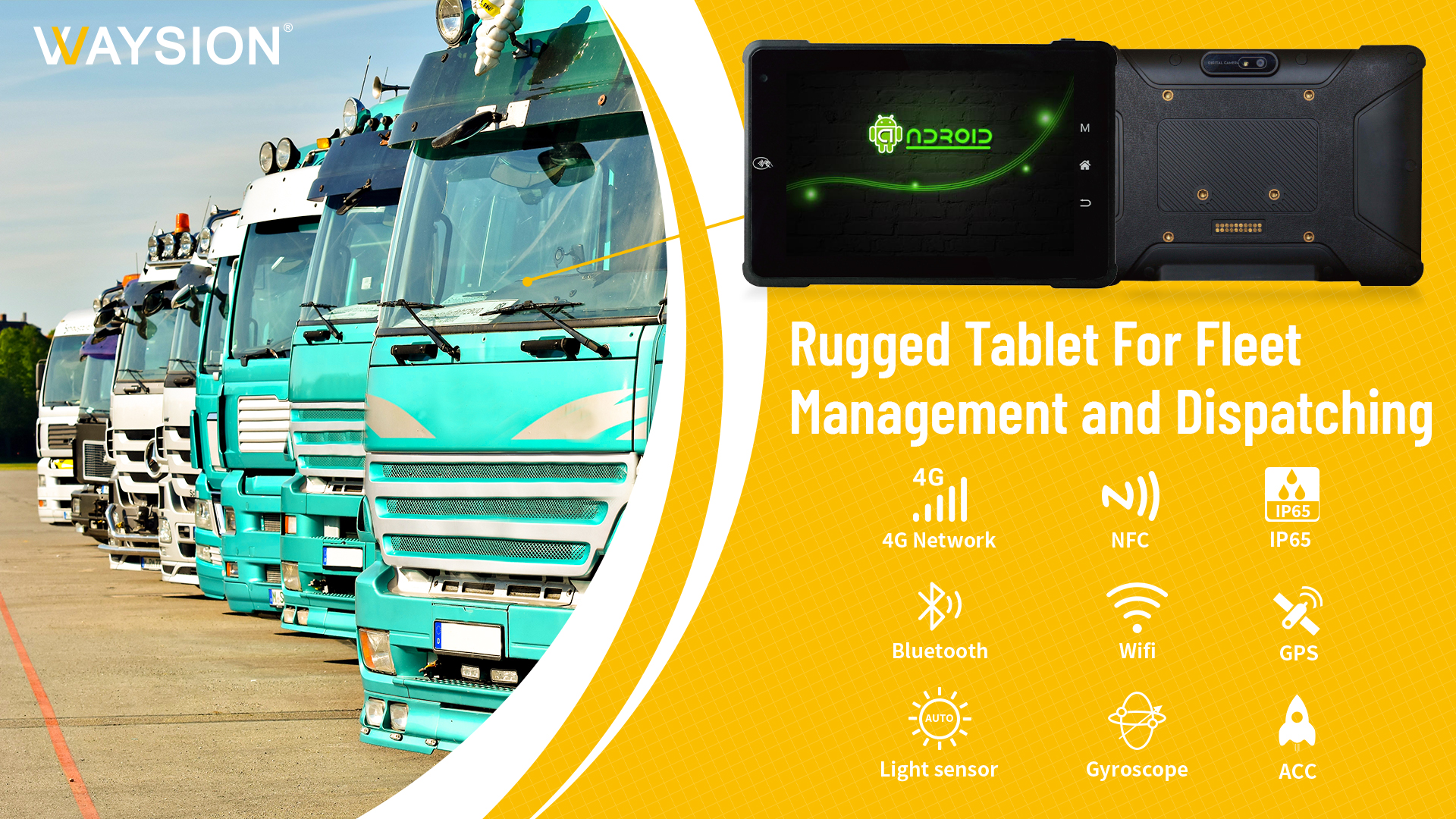
Applications of In-Vehicle Computers
Navigation and GPS
In-vehicle computers power sophisticated navigation systems that provide real-time traffic updates, route optimization, and even augmented reality overlays.
Infotainment Systems
These systems offer entertainment options, including streaming services, media playback, and internet browsing, enhancing the passenger experience.
Fleet Management
Fleet operators use in-vehicle computers to monitor vehicle locations, driver behavior, and maintenance schedules, improving operational efficiency.
Autonomous Vehicles
In-vehicle computers are the brains behind autonomous vehicles, processing sensor data and making real-time driving decisions.
Hardware Components of In-Vehicle Computers
Processors and Memory
High-performance processors and ample memory are essential for handling the complex tasks required by modern in-vehicle applications.
Storage Solutions
Robust storage solutions, often solid-state drives (SSDs), ensure fast and reliable data access and storage.
Input and Output Interfaces
Various interfaces, such as USB, HDMI, and Ethernet, provide connectivity for sensors, displays, and other peripherals.
Software Solutions for In-Vehicle Computers
Operating Systems
Specialized operating systems, such as automotive-grade Linux or Android Automotive, provide a stable and secure platform for applications.
Specialized Software Applications
Applications range from navigation and infotainment to advanced driver-assistance systems (ADAS), each tailored to specific needs.
Security Measures
Robust security measures, including encryption and secure boot, protect the system from cyber threats and unauthorized access.
Benefits of Using In-Vehicle Computers
Enhanced Safety
Features like collision detection, lane departure warnings, and real-time monitoring significantly enhance vehicle safety.
Increased Efficiency
Fleet management systems improve route planning and reduce fuel consumption, leading to cost savings and reduced environmental impact.
Better User Experience
Advanced infotainment systems and seamless connectivity provide a superior user experience, making journeys more enjoyable.
Challenges and Considerations
Security Risks
In-vehicle computers are vulnerable to cyber-attacks, necessitating robust security measures to protect sensitive data.
Cost Implications
The advanced technology in these systems can be costly, impacting the overall price of the vehicle.
Technological Limitations
Despite significant advancements, there are still limitations in processing power, storage capacity, and connectivity that need to be addressed.
Future Trends in In-Vehicle Computing
Integration with AI and Machine Learning
Future in-vehicle computers will increasingly integrate AI and machine learning to enable predictive maintenance, personalized user experiences, and advanced autonomous driving capabilities.
Advancements in Connectivity (5G)
The rollout of 5G technology will enhance the connectivity of in-vehicle computers, enabling faster data transfer and more reliable connections.
Sustainable and Green Technologies
There is a growing focus on developing energy-efficient in-vehicle computers to support sustainable and environmentally friendly transportation solutions.
Choosing the Right In-Vehicle Computer
Factors to Consider
When selecting an in-vehicle computer, consider factors such as durability, processing power, connectivity options, and compatibility with your vehicle’s systems.
Popular Models and Brands
Brands like Intel, NVIDIA, and Advantech offer popular models known for their reliability and performance in automotive applications.
Installation and Maintenance Tips
Best Practices for Setup
Ensure proper installation by following manufacturer guidelines and using appropriate mounting solutions to secure the computer within the vehicle.
Maintenance and Troubleshooting
Regular maintenance, including software updates and hardware inspections, helps keep the system running smoothly. Troubleshooting common issues promptly can prevent more significant problems down the line.
Real-World Examples and Case Studies
Success Stories from Various Industries
From logistics companies to public transportation systems, in-vehicle computers have proven their worth by enhancing operational efficiency and safety.
Lessons Learned
Case studies highlight the importance of choosing the right hardware and software, as well as the benefits of regular maintenance and updates.
The Role of In-Vehicle Computers in Smart Cities
Enhancing Urban Mobility
In-vehicle computers contribute to smart city initiatives by providing data for traffic management, reducing congestion, and improving public transportation systems.
Data Collection and Analysis
These systems collect valuable data that can be analyzed to optimize urban planning and enhance overall city infrastructure.
Conclusion
In-vehicle computers have revolutionized the automotive industry, offering a wide range of benefits from enhanced safety to improved efficiency. As technology continues to advance, these systems will become even more integral to our vehicles and the broader transportation ecosystem.
FAQs
Q: What are the main functions of an in-vehicle computer?
A: In-vehicle computers are used for navigation, infotainment, fleet management, and autonomous driving, among other applications.
Q: How do in-vehicle computers enhance vehicle safety?
A: They provide real-time data processing for features like collision detection and lane departure warnings, improving overall safety.
Q: What are the key considerations when choosing an in-vehicle computer?
A: Consider factors like durability, processing power, connectivity options, and compatibility with existing systems.
Q: What advancements can we expect in the future of in-vehicle computing?
A: Future advancements include greater integration with AI, enhanced connectivity with 5G, and the development of sustainable technologies.
Q: How do in-vehicle computers contribute to smart cities?
A: They enhance urban mobility and collect data for traffic management and urban planning, supporting smart city initiatives.


